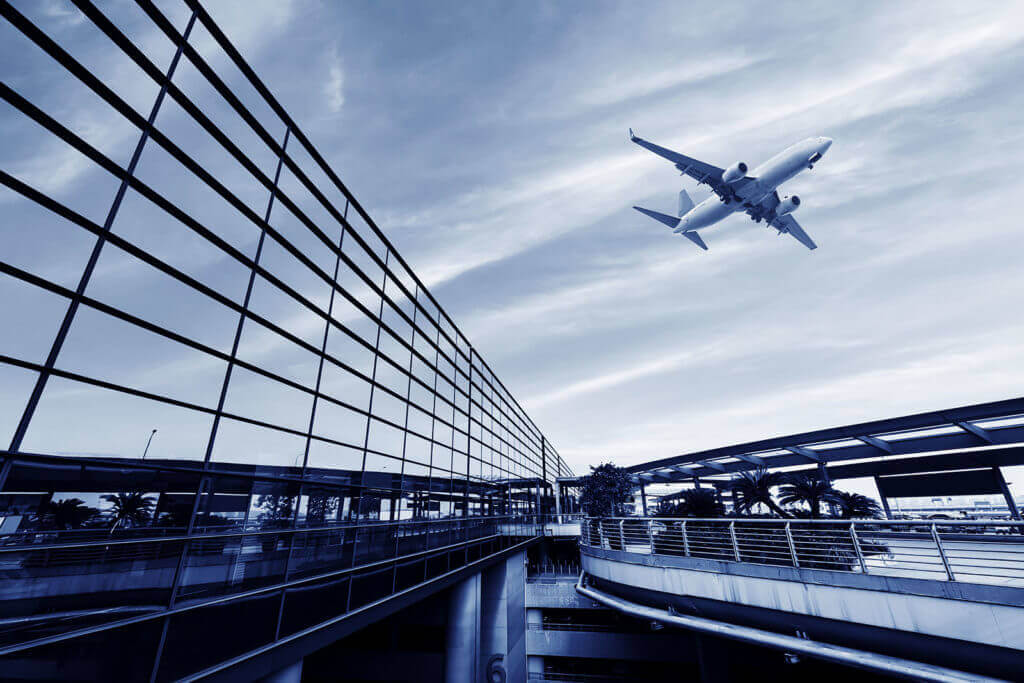
Under a new arrangement that IAG has negotiated with Amadeus and Sabre, selected companies aren’t subject to the $10 per one-way GDS surcharge that the IAG airline British Airways and Iberia implemented on Nov. 1.
But while the so-called private channel, as the arrangement is called, could present an acceptable alternative for travel agencies that are troubled by the rise of GDS surcharges among the largest European airline groups, the creation of bifurcated channels within the GDSs also has the potential to create an environment of haves and have-nots within the agency community.
“I do think that is something that is to be watched through this process,” Wade Jones, president of Travel Network for Sabre, said of a bifurcated system.
So far, Amadeus and Sabre have negotiated agreements with IAG that set the framework for private-channel content. Travelport has yet to complete such a deal.
Amadeus, which declined an interview request for this report, was the first to reach a deal.
IAG also declined an interview request, but it confirmed via email that it had agreed on terms with the two GDSs.
In an interview about the private-channel arrangements, Jones provided a broad sketch of how they work. To start with, agencies that enter into their own private channel agreement with IAG are not subject to the $10 per one-way GDS surcharge on British Airways and Iberia bookings. Beginning Dec. 1 on Sabre, those agencies will also be offered differentiated content by British Airways and Iberia that won’t be available in the general GDS channel.
Those are the carrots.
On the other hand, Sabre will charge IAG a smaller segment fee on private-channel bookings than it charges carriers, including IAG, on bookings through the standard GDS channel. But to make up for the lost revenue, Sabre will not turn over a portion of booking fees to agencies in the form of incentives. For agencies that use the private channel, the loss of those incentive fees is the stick.
Jones described the private-channel arrangements as the first time there has been a break in the standard full-content agreement business model between airline and agencies within the GDSs. It’s also the first time there has been a bifurcation within agencies on the GDSs, he added.
“We see airlines in the European market experimenting with new models,” Jones said. “That experimenting gets a lot of attention, but it’s important to remember that the vast majority of airlines in the world are operating in a traditional manner with full-content agreements.”
Analyst Henry Harteveldt said the development of the private channel arrangements is a reflection of creative thinking on the part of the disparate parties involved.




